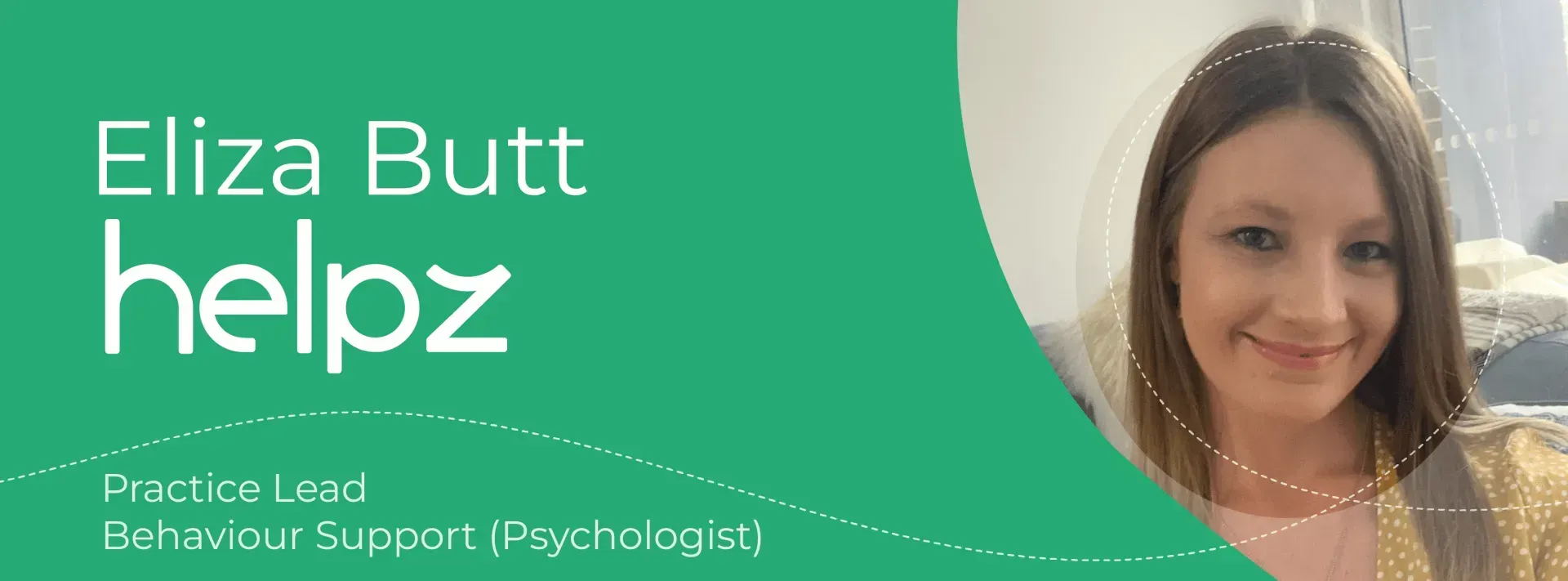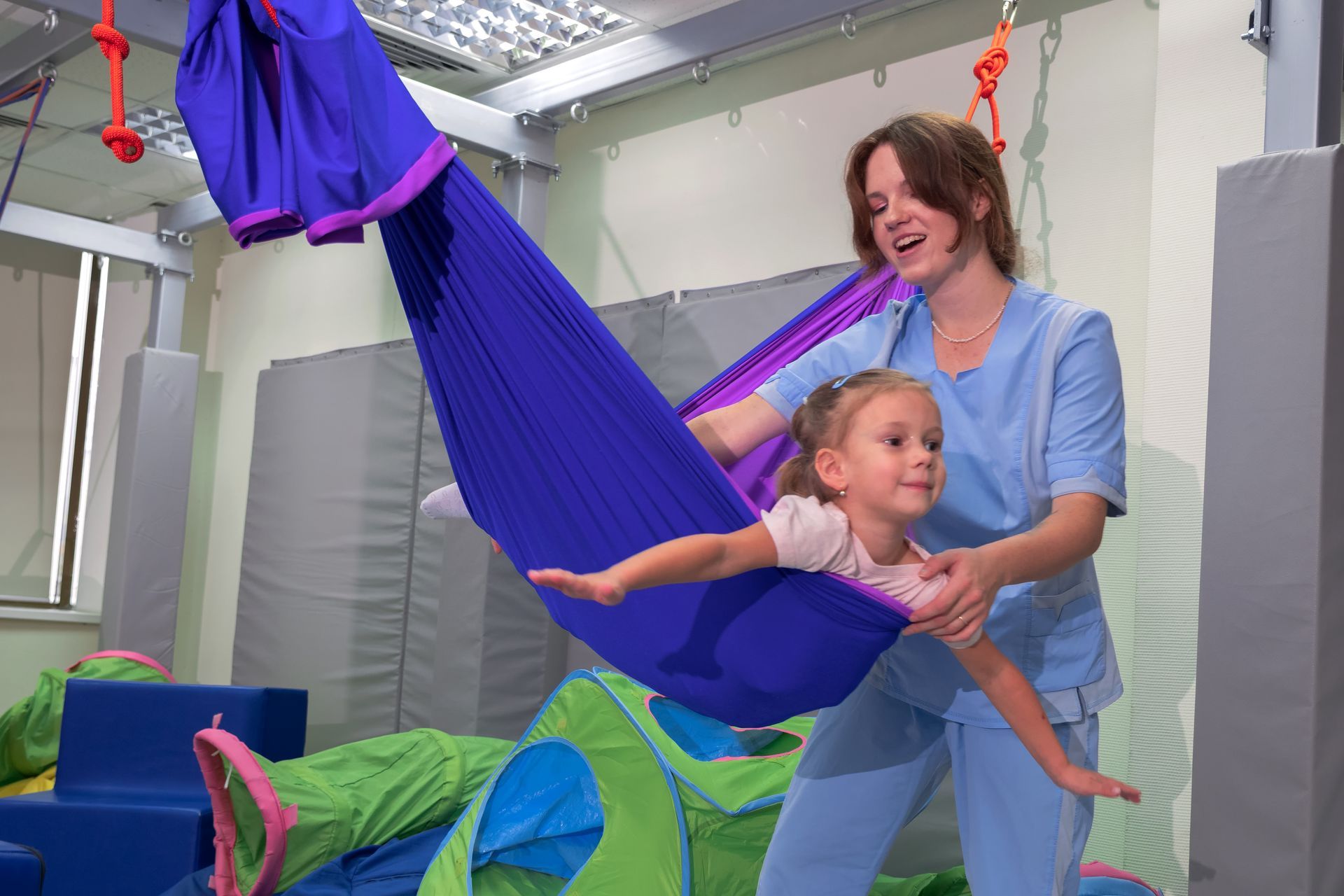Meet Eliza

Meet Eliza
Eliza has been working in Psychology for around 10 years, and specialising in Behaviour Support for six
Eliza began her therapy career working in occupational rehabilitation and providing psychological support to people who had experienced physical or mental health issues arising from a workplace environment or incident focussing on post traumatic stress disorders in adults.
Through her registration, Eliza specialised in behaviour support, working with clients on building skills to help them communicate their needs in a more positive way and working with their families to implement holistic strategies to create a positive impact in their lives.
“I love working with people. And when you are working with families it is so rewarding to put a smile on their faces and see the positive improvement in their lives, no matter how small."
Eliza enjoyed working with people and managing their feelings, and helping them meet their needs in a positive way that she now specialises in behaviour support working with adolescents, adults and their families.
When asked about what behaviour support means at helpz, Eliza said, "We believe the goal is to create the perfect environment to facilitate growth that enables the people we are working with to communicate their feelings and needs in a more positive way."
Eliza is a people person at work, and at home; she enjoys spending her time with family and friends. Eliza is a great baker, always known to turn up to a social event with some baked goodies. Eliza also loves to travel, and her favourite destination is Las Vegas.
Eliza is a registered Psychologist AHPRA. She graduated from the University of Newcastle with a Bachelor of Social Science (Psychology) and also has a Postgraduate Diploma in Psychology from the same university.
To connect with Eliza contact us here. To learn more about behaviour support click here.







